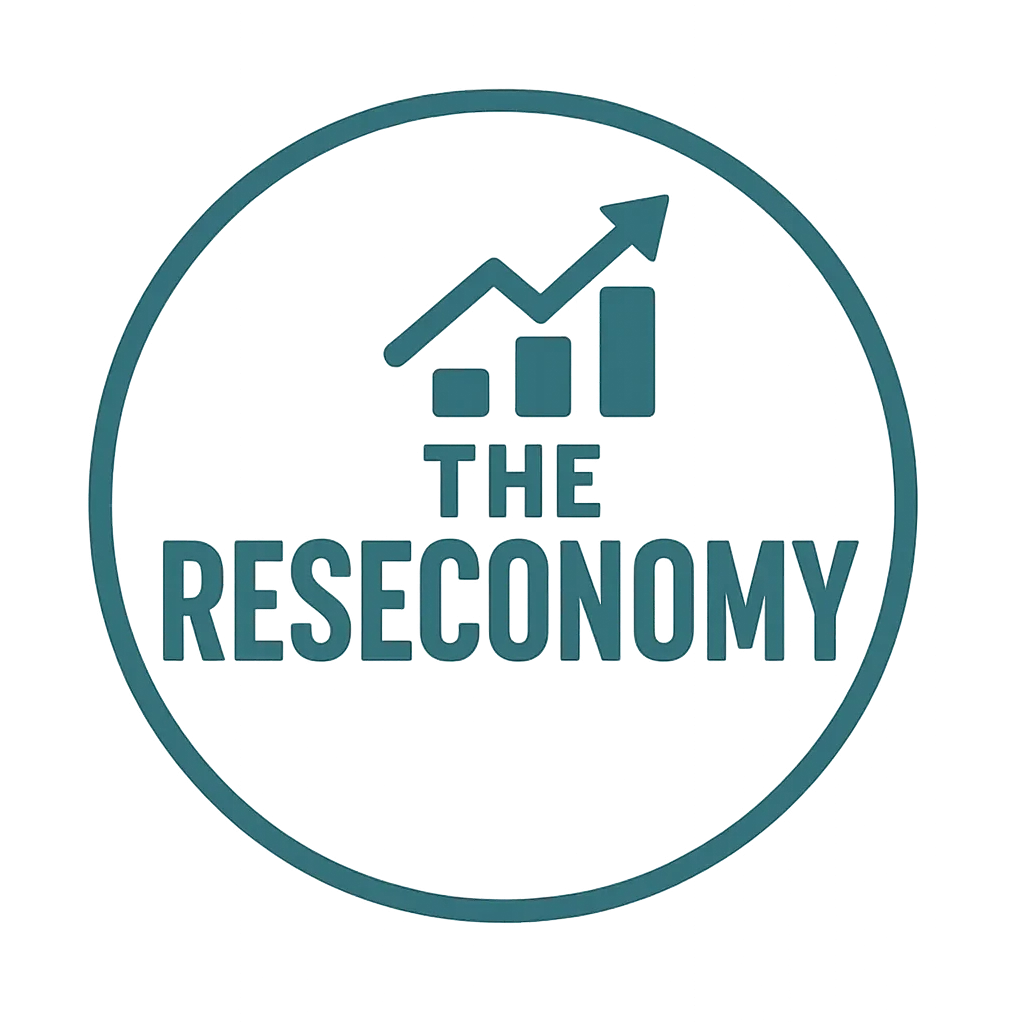Born roughly between the mid-1990s and the early 2010s, Generation Z – the digital natives who’ve never known a world without the internet – are rapidly becoming a dominant force in the consumer market and the workforce. Understanding their unique values, motivations, and communication styles is no longer a future consideration; it’s a present-day imperative for businesses striving for relevance and growth.
This post aims to decode Gen Z, offering actionable insights into what makes them tick and providing practical strategies for effectively engaging with them as both valued customers and promising employees. It’s time to move beyond stereotypes and embrace the nuances of this influential generation.
Who is Gen Z? Key Characteristics and Values:
To effectively engage with Gen Z, we must first understand their formative experiences and the values they hold dear:
- Digital Natives: Growing up with ubiquitous internet access, social media, and mobile technology has deeply ingrained digital fluency into their DNA. They expect seamless online experiences and are adept at navigating the digital world.
- Socially Conscious and Purpose-Driven: Gen Z is highly aware of social and environmental issues. They prioritize brands and employers that align with their values and demonstrate a commitment to making a positive impact.
- Value Authenticity and Transparency: They are skeptical of traditional marketing and value genuine, transparent communication from brands and leaders. Authenticity is paramount.
- Seek Inclusivity and Diversity: Having grown up in a more diverse and interconnected world, Gen Z expects inclusivity and representation across all aspects of business and society.
- Independent and Entrepreneurial: Many Gen Z individuals possess an independent spirit and are drawn to entrepreneurial pursuits and flexible work arrangements.
- Value Experiences Over Possessions: While not monolithic, there’s a general trend towards valuing experiences, learning, and personal growth over accumulating material possessions.
- Financially Savvy and Practical: Having witnessed economic downturns, Gen Z tends to be financially conscious and practical in their spending habits.
- Demand Personalized and Relevant Experiences: They expect brands and employers to understand their individual needs and preferences, delivering personalized and relevant interactions.
- Communicate Digitally and Visually: While comfortable with various forms of communication, they often favor visual content, short-form video, and direct, concise messaging through digital channels.
Engaging Gen Z as Customers:
To capture the attention and loyalty of Gen Z consumers, businesses need to adapt their marketing and engagement strategies:
- Be Authentic and Transparent: Ditch the overly polished marketing speak. Communicate honestly, openly, and with genuine intent.
- Embrace Socially Responsible Practices: Clearly demonstrate your commitment to ethical and sustainable practices. Highlight your positive impact on society and the environment.
- Leverage Visual and Short-Form Content: Utilize platforms like TikTok, Instagram Reels, and YouTube Shorts to deliver engaging and easily digestible content.
- Personalize the Customer Experience: Leverage data to understand individual preferences and deliver tailored recommendations, offers, and communications.
- Offer Seamless Digital Experiences: Ensure your website, mobile apps, and online interactions are user-friendly, intuitive, and optimized for mobile devices.
- Engage on Their Platforms: Meet them where they are – be present and active on the social media platforms they frequent.
- Value Their Opinions and Feedback: Actively solicit and respond to their feedback. Show that their opinions matter.
- Offer Value and Utility: Provide content, products, or services that genuinely solve their problems or enhance their lives.
- Consider Influencer Marketing (Authentically): Partner with influencers who genuinely resonate with Gen Z values and have built authentic connections with their audience.
- Support Their Values: Align your brand messaging and initiatives with the social and environmental causes they care about.
Engaging Gen Z as Employees:
Attracting, retaining, and motivating Gen Z employees requires a different approach to traditional workplace norms:
- Offer Purpose and Meaning: Clearly articulate your company’s mission and how their work contributes to a larger purpose. Gen Z wants to feel like their work matters.
- Provide Opportunities for Growth and Development: Offer clear career paths, mentorship programs, and opportunities for continuous learning and skill development.
- Embrace Flexibility and Autonomy: Consider offering flexible work arrangements, remote work options, and a degree of autonomy in how they approach their tasks.
- Foster an Inclusive and Diverse Workplace: Create a welcoming and inclusive environment where all employees feel valued, respected, and have equal opportunities.
- Prioritize Work-Life Balance: Recognize the importance of work-life balance and support employees in maintaining healthy boundaries.
- Utilize Technology for Communication and Collaboration: Leverage digital tools that facilitate seamless communication and collaboration, reflecting their digital fluency.
- Offer Competitive Compensation and Benefits: While purpose is important, fair compensation and comprehensive benefits remain crucial.
- Provide Regular and Transparent Feedback: Offer constructive feedback and recognition regularly to help them grow and feel valued.
- Promote a Positive and Collaborative Culture: Foster a workplace culture that encourages teamwork, open communication, and a sense of community.
- Be Authentic and Transparent in Your Employer Branding: Showcase your company culture and values genuinely. Gen Z can quickly spot inauthenticity.
Beyond Stereotypes: Understanding Nuance:
It’s crucial to remember that Gen Z is not a monolith. There is significant diversity within this generation in terms of backgrounds, experiences, and values. Avoid generalizations and strive for a nuanced understanding of individual preferences and motivations.
The Future is Gen Z:
As Gen Z’s influence continues to grow, businesses that take the time to understand their values and adapt their engagement strategies will be well-positioned for success. By embracing authenticity, purpose, and digital-first approaches, companies can build lasting relationships with this dynamic and influential generation, both as loyal customers and engaged employees.
What are your experiences engaging with Gen Z? What insights have you gained? Share your thoughts and strategies in the comments below!
